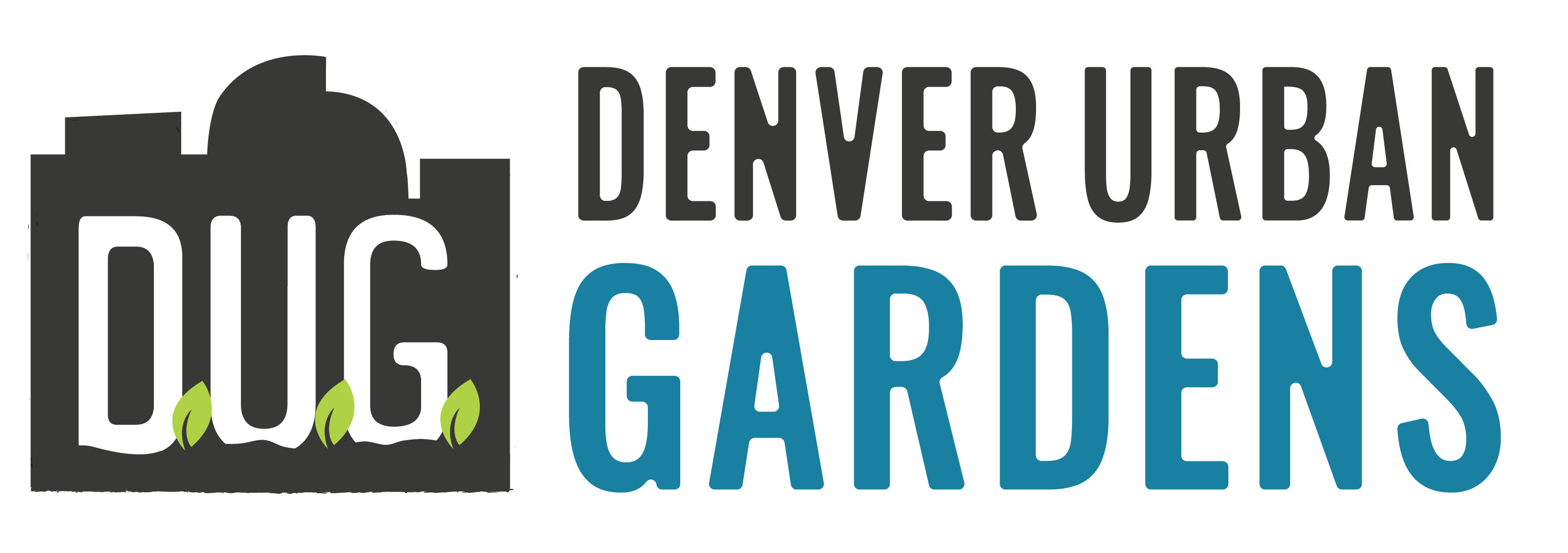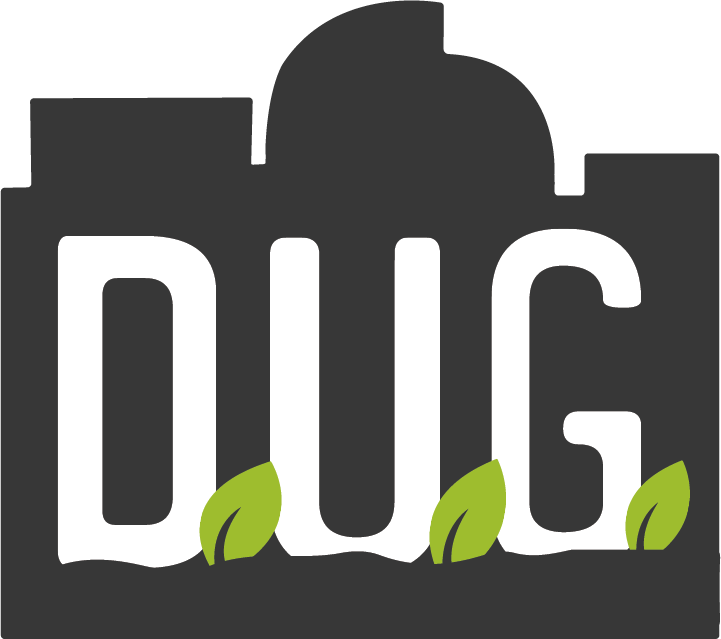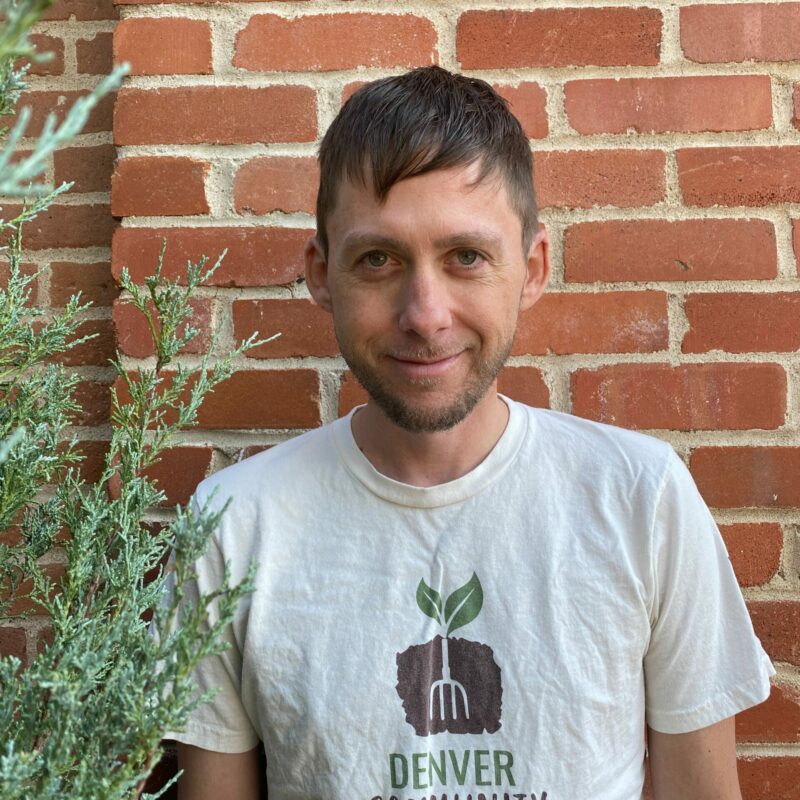Our community partner and friend, Brian Nelson has continually championed the importance of environmental sustainability and literacy in urban Denver. As the Operations Manager of the Posner Center for International Development, Brian has uniquely impacted the sense of community and relationship-building for nonprofits making an impact in Denver metro and beyond. Dive into our Q&A with Brian below.
Tell us a little about yourself.
I’m deeply committed to creating a healthier, more sustainable world, both personally and professionally. At the Posner Center for International Development, where I have the privilege of overseeing initiatives that align with our mission to foster a more connected, equitable, and successful community, I continuously seek out ways to integrate sustainable practices into our daily operations. My background, including a Master’s degree in Environmental Conservation & International Development, and experience serving as a United States Peace Corps Volunteer, has fueled my passion for environmental stewardship and community well-being. Working alongside organizations like DUG in our shared spaces is a constant reminder of the importance of this work and the impact it can have on our collective future.
How did you get involved with DUG?
My involvement with DUG evolved naturally over time. I spent several years observing the incredible work DUG was doing in the Denver community, managing the nation’s largest network of urban gardens. As someone who became deeply interested in food justice, I admired their grassroots efforts and the tangible impact they had on community health and sustainability.
When I joined the Posner Center and took on the responsibility of managing our relationship with DUG, it felt like a perfect alignment of our shared vision for a greener future. The more I learned about urban gardening, the more I wanted to contribute. It became clear that this partnership was an opportunity not just to support DUG’s mission, but to actively engage in hands-on environmental education and sustainable practices right in our shared space.
Why is urban gardening and gardening education important for you? What calls you to want to share your learnings with your community?
Urban gardening and gardening education are incredibly important to me because they embody a holistic approach to fostering well-being and sustainability. Urban gardening goes beyond simply growing plants; it’s about creating spaces where people can reconnect with the earth and their food sources. In an increasingly urbanized world, where access to fresh produce and green spaces can be limited, urban gardens offer a vital link to nature and nutrition.
Gardening education plays a crucial role in this. It equips individuals with the skills and knowledge to make sustainable choices, from composting and water conservation to understanding plant life cycles. This education helps people transform their surroundings and their lives by integrating environmental stewardship into their daily routines.
I’m driven to share my learnings because I see firsthand the positive ripple effect that gardening and sustainability practices can create. When one person embraces these practices, it often inspires their family, friends, and neighbors to follow suit. This collective shift towards more sustainable living not only enhances individual lives but also contributes to the broader health of our community.
How is the Community Composter Training Program going so far?
The Community Composter Training Program has been an eye-opening and transformative experience. While understanding the theory behind composting is valuable, witnessing its practical application and becoming part of a network dedicated to reducing waste and enhancing soil health has been truly enlightening.
Through this program, I’ve gained invaluable insights into managing organic waste more effectively, not just at home but also within our shared workspace. It’s been inspiring to see how composting can be integrated into our broader sustainability goals at Posner Center.
I’m especially grateful for the support from Kristi Hatakka and Judy Elliott, who have become my best allies in advancing our workplace sustainability efforts. Their expertise has been crucial in shaping our waste diversion strategy and driving meaningful progress. With their guidance, we’re making significant strides towards operating a greener workplace. Their continued support and the resources they provide are essential as we work towards a more sustainable future.
The program has sparked numerous ideas on how we can enhance our composting practices and embed them into our overall environmental initiatives. I’m excited about the potential to further integrate these practices and continue moving the needle on sustainability within our organization.
What are you looking forward to after you complete the Community Composter Training Program?
Once I complete the Community Composter Training Program, I’m thrilled to apply what I’ve learned to my own patch of soil. I’m eager to start composting and gardening in my own space, transforming it into a thriving, sustainable mini-ecosystem. Additionally, I’m looking forward to sharing these insights with my friends and family across the country. Whenever I visit them, I plan to offer personalized compost education experiences, helping them to implement sustainable practices in their own lives.
At Posner Center, I aim to integrate composting more fully into our waste management practices and collaborate with DUG on educational workshops and initiatives. It’s about creating a cycle of sustainability that benefits both the planet and the people who live on it.






